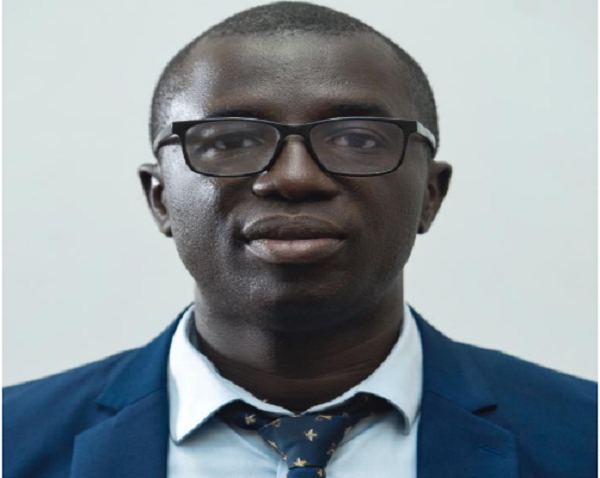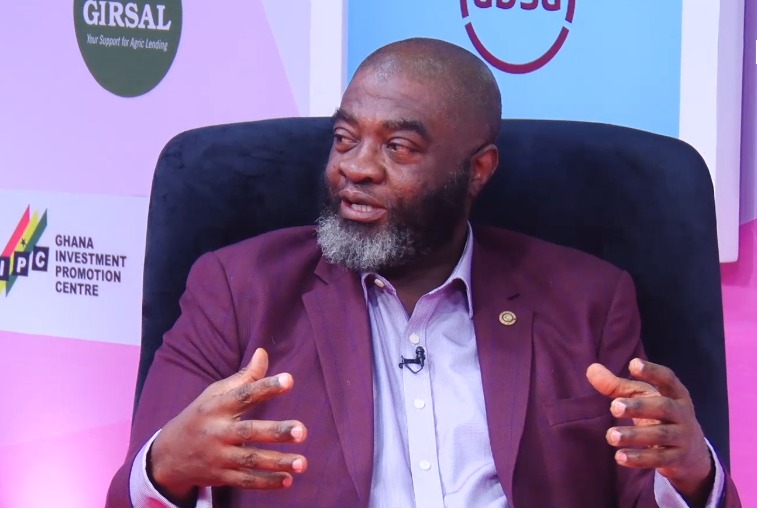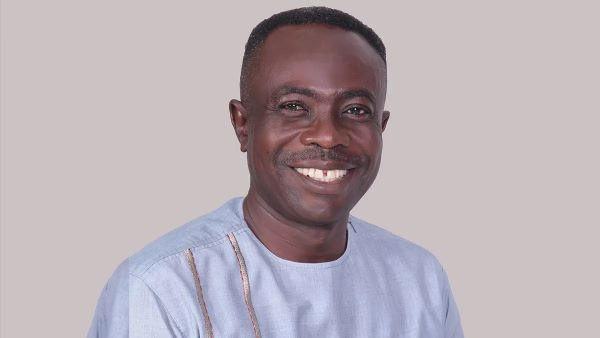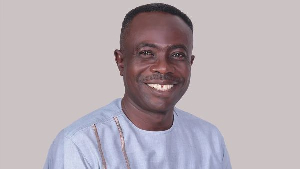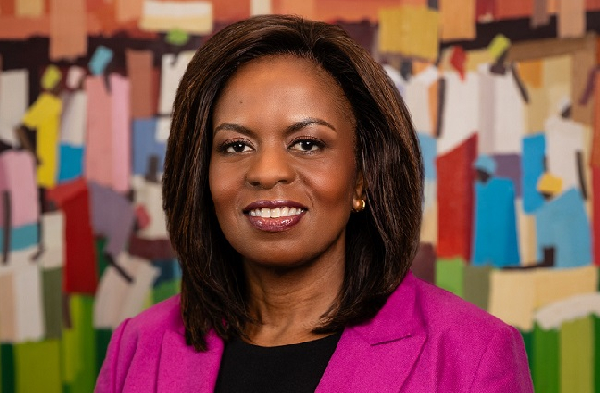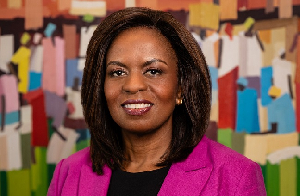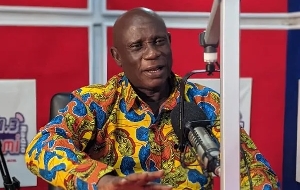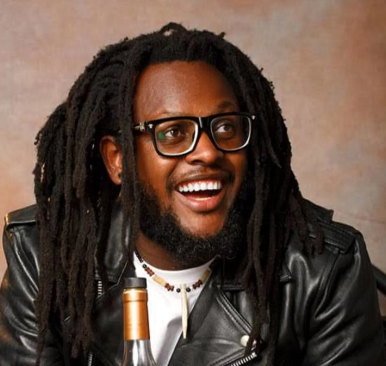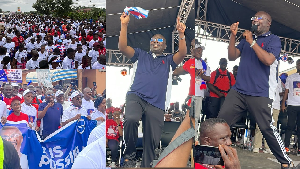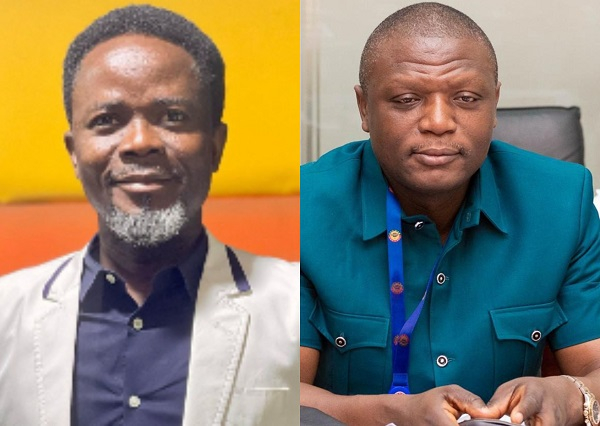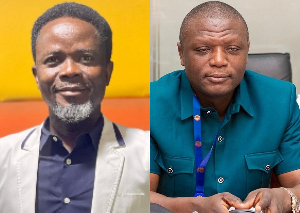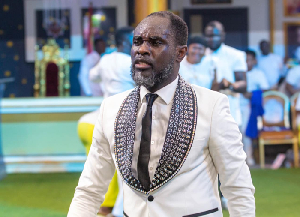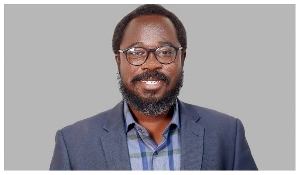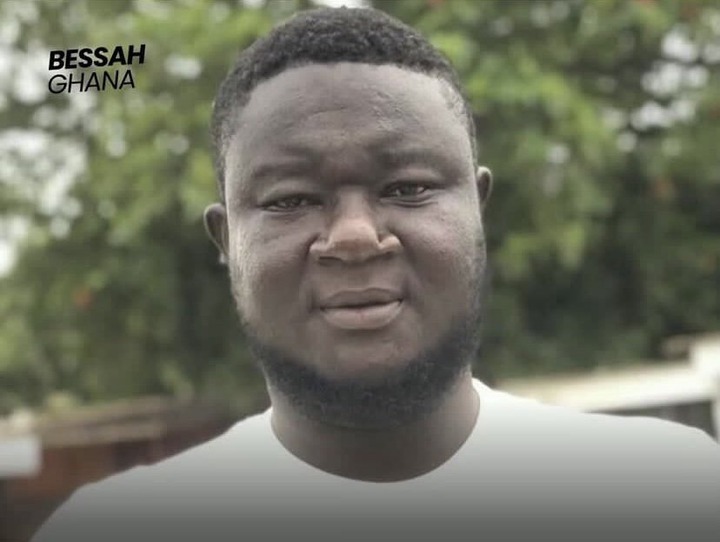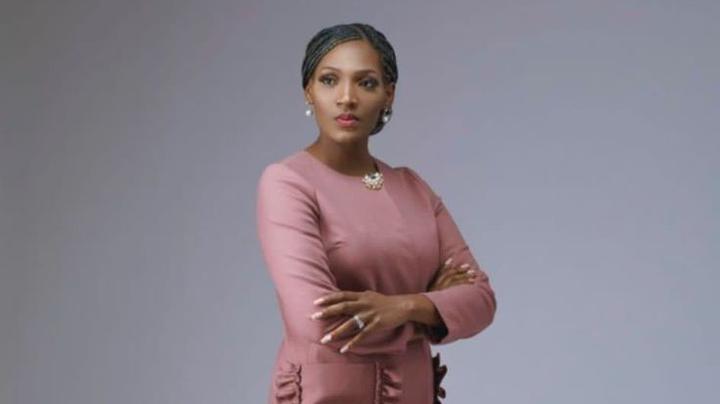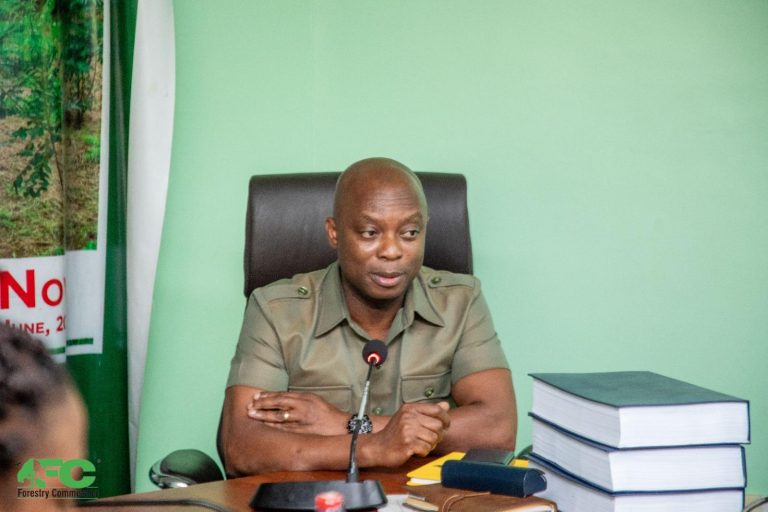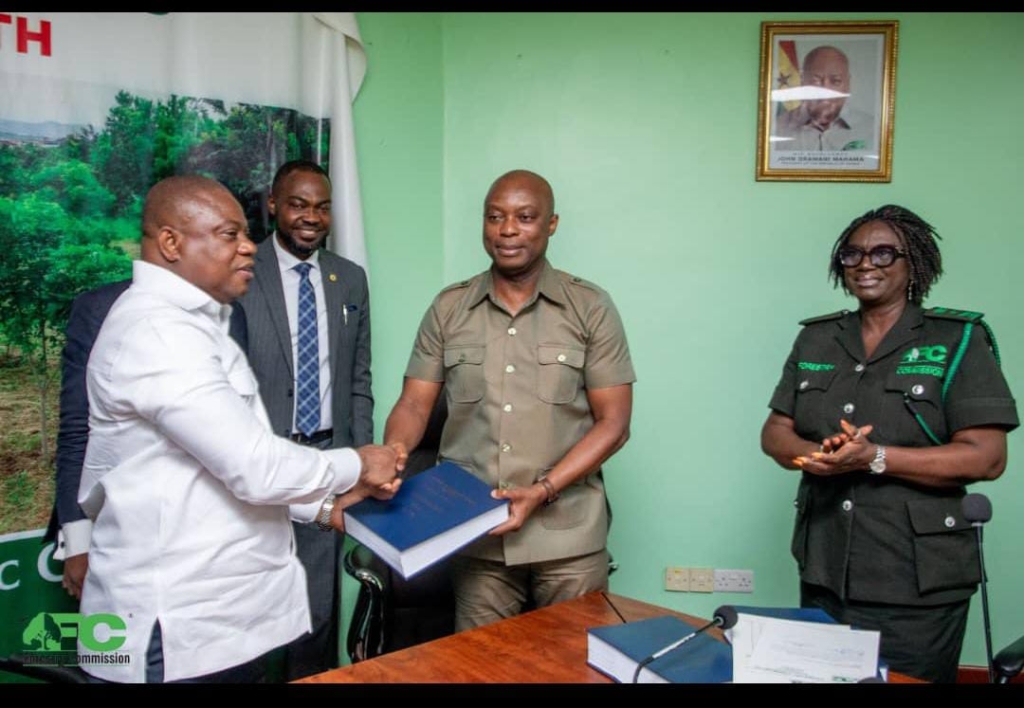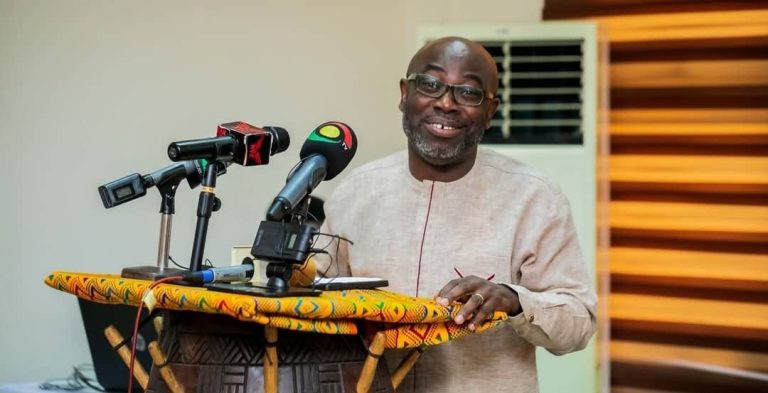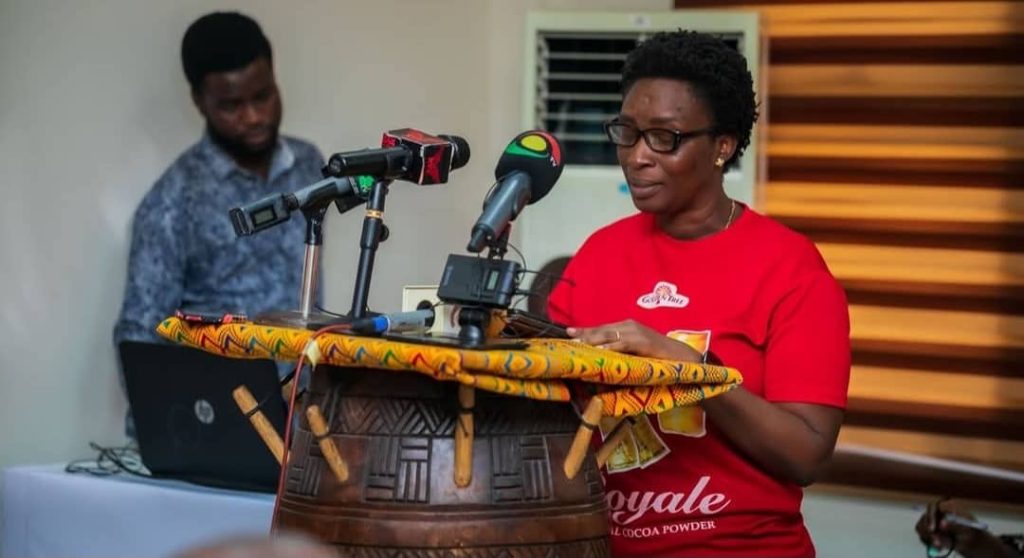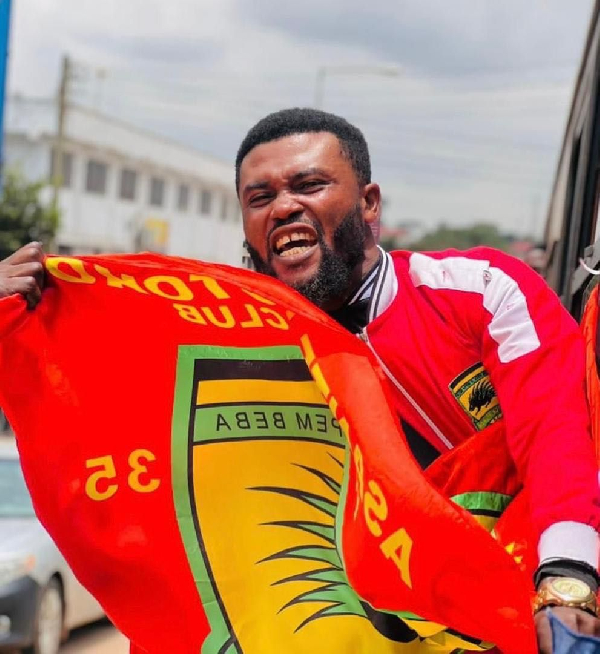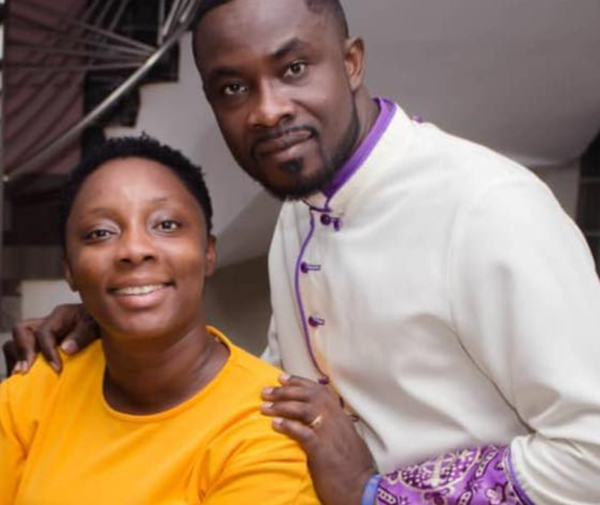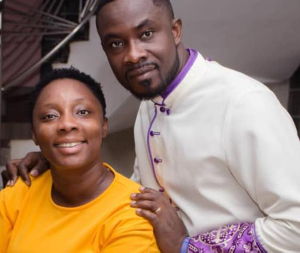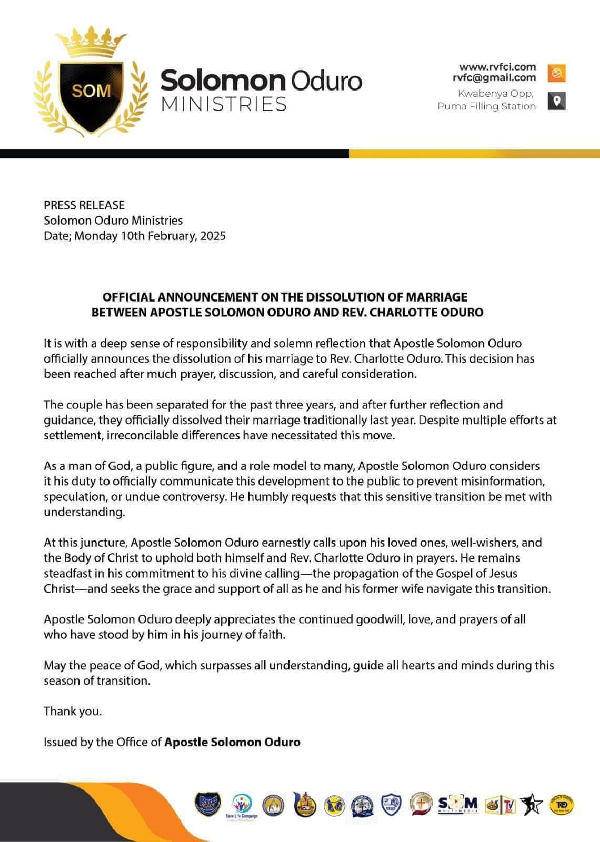In recent years, internet data has become an essential utility, akin to water and electricity. It powers education, business, communication, and entertainment, making it a critical driver of socio-economic development.
However, the high cost of internet data in Ghana has become a significant burden for consumers. This situation is unsustainable and demands urgent attention from policymakers, regulators, and industry stakeholders.
The high cost of data is not just a consumer issue; it is a national development challenge that requires a multifaceted approach to address.
The Burden of High Data Costs
It is no exaggeration to say that many Ghanaians spend more on internet data than on food. Due to prohibitively high costs, most consumers cannot afford to keep their internet on 24/7, fearing rapid data depletion.
According to report of a study to be released by CUTS International Accra next month, one of the greatest concerns for telecom users in Ghana is the high cost of data.
The high cost of internet in Ghana can be attributed to multiple factors, including high energy costs and the fluctuating cedi-dollar exchange rate. While the GSMA suggests that data prices in Ghana are among the lowest in Africa, this analysis does not consider the rapid depreciation of the Ghanaian cedi relative to the US dollar.
If the cedi was stronger, the real cost of data would be significantly higher when measured in relative terms. A better metric for ranking data affordability should be the median income over the cost of a standard 10GB data plan.
Structural Issues in Ghana’s Telecom Market
Another key reason for high data prices is market concentration. Since MTN was declared an SMP, it has been restricted from selling its services at rates lower than competitors Airtel-Tigo (AT) and Telecel. While this regulation aims to level the playing field, it has prevented MTN from offering competitive pricing and artificially pricing higher.
The market dominance of MTN has also created entry barriers for new telecom firms. While the NCA recently approved asymmetric pricing guidelines to assist AT and Telecel, their failure to upgrade infrastructure has led to diminished consumer confidence in their services. Consequently, most users remain with MTN despite higher costs, boosting MTN’s profitability.
The classification of MTN as an SMP has reinforced its market power rather than reducing it. Regulatory restrictions have prevented MTN from lowering prices, allowing it to post impressive profits.
Policy Recommendations to Reduce Data Prices
Regulatory intervention in a free market is often viewed with skepticism, but a well-designed surgical approach could balance market efficiency with consumer affordability. Here are some measures that could help lower data costs in Ghana:
1. Encourage Renewable Energy for MNOs: One way to reduce mobile network operators’ (MNOs) over exposure to high energy costs is to mandate all telecom tower sites to switch to renewable energy, preferably solar. To facilitate this transition, Parliament could remove VAT and import duties on solar energy equipment designated for telecom companies.
2. Reduce Telecom Taxes: The current VAT/GETFund/NHIL rate on telecom services is approximately 22%. The government should consider reducing VAT, GETFund, and NHIL on telecom services to 15%. Lowering these taxes would directly impact consumer pricing and improve affordability.
3. Streamline Municipal Fees and Charges: Municipal assemblies often view MNOs as cash cows, imposing high fees and charges that are ultimately passed on to consumers. To address this, the government through the Ministry of Local Government should work with local authorities to standardize and reduce these fees, ensuring that they are reasonable and reflective of the actual cost of services provided.
4. Mandate Infrastructure Investment: The NCA should introduce licensing requirements that mandate MNOs to invest at least a minimum percentage of their annual profits into infrastructure development. This would ensure that operators like AT and Telecel improve their networks, making them more competitive and attractive to consumers. Increased competition would drive down prices and improve service quality.
5. Promote Monthly Data Plans: Unlike in developed and other emerging countries, where consumers purchase affordable monthly plans for voice and data, Ghana’s telecom companies profit more from expensive pay-as-you-go models. Telecom providers should be encouraged to introduce reasonable monthly plans that offer unlimited or high-volume data and voice at competitive rates. In Brazil, unlimited data plans cost between $20 and $40 per month, while in the U.S., they average $65, and in the UK, about $40. Egypt also offers unlimited plans for around $50. Ghana should work towards similar pricing models.
6. Promote Local Content and Data Centers: The establishment of local data centers and content hosting facilities can reduce the cost of data by minimizing the need for international bandwidth. The government should incentivize the development of local data centers and encourage content creators to host their data locally. This would not only reduce data costs but also improve internet speeds and reliability.
7. Tax Supra-Normal Profits and Reinvest in the Sector: Given MTN’s dominant position and impressive profits, the government could consider developing a framework to tax supra-normal profits earned by the company. The revenue generated from this tax could be used as equity by the government to invest in AT and Telecel, helping them to strengthen their infrastructure and compete more effectively. Additionally, these firms could be encouraged to list on the Ghana Stock Exchange, providing them with access to capital for further investment as MTN has done.
8. Avoid Market Distortion through Policy Intervention: Any measures introduced by the inter-ministerial committee, as mentioned by Minister for Communications, Digital Technology and Innovation Hon. Sam George, should ensure they do not distort competition or discourage potential investment. Policies should prioritize consumer welfare while maintaining a business-friendly environment for telecom operators.
Conclusion
Government can demonstrate good faith by giving some tax incentives to the telecom operators. Making data affordable is not an overnight affair. It requires market and regulatory interventions that maximize consumer and producer welfare. We must be guided by evidence.
